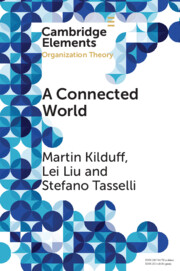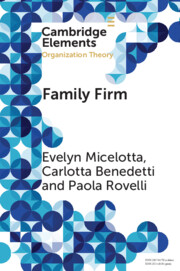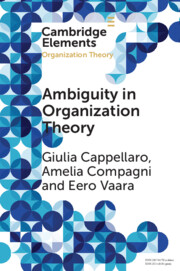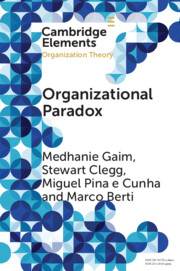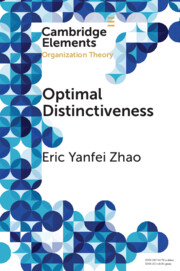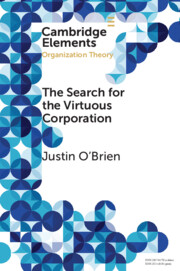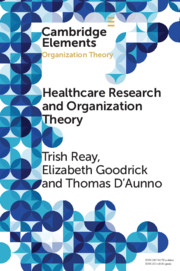Organization Theory
Organizations matter. They are the fundamental instruments for the collective accomplishment of economic and social purposes. As such, they can be vehicles of social progress and the solution to basic problems such as the provision of food, healthcare, education and other human needs and wants. But they can also, as Philip Selznick memorably argued, be used as ‘weapons’ that privilege some interests over others, not always legally or intentionally. At their worst, organizations provide the tools to multiply the effects of the darkest of human impulses and result in terrorism, genocide, and labour camps. As a result, it is essential that we understand how organizations work, how we can control them, and how we can insure they generate social good.
Organization theory is the key discipline in studying these issues. While it covers many different approaches to understanding organizations, its focus is on what constitutes the how and why of organizations and organizing, bringing understanding of organizations in a holistic way. It recognizes that there are many different types of organizations – corporations, not-for-profits, social enterprises, hospitals, family firms, theatres, and so on - and seeks to understand those differences and their implications. Moreover, organization theory utilizes many different theoretical perspectives and lenses – but the focus is upon understanding organizations in a holistic way.
The purpose of the Cambridge Elements on Organization Theory is to systematize and contribute to our understanding of organizations. We envisage two types of Elements. One will present and discuss core and emerging theoretical perspectives and approaches. A second will apply those perspectives to issues and outcomes, including those of long standing concern (such as achieving organizational change, managing innovation, the comparison of different types of organizations, etc.); and, more recent concerns (such as social, ethnic and gender inequality, corruption and wrongdoing, corporate social responsibility). The idea of this latter set of contributions is to show how organization theory speaks to these issues and thus highlights its application and relevance.
The format of Elements allows scholars to develop arguments at greater length and to use a wider range of approaches than is typically possible within the constraints of a journal article, with scope for authors to update their element regularly. The relatively concise treatments will provide researchers with an ideal platform from which to develop further research. The modular nature of the series will also mean that instructors can easily mix and match Elements as assigned readings for graduate and undergraduate courses on organizations or to add in organizational topics to related courses.

